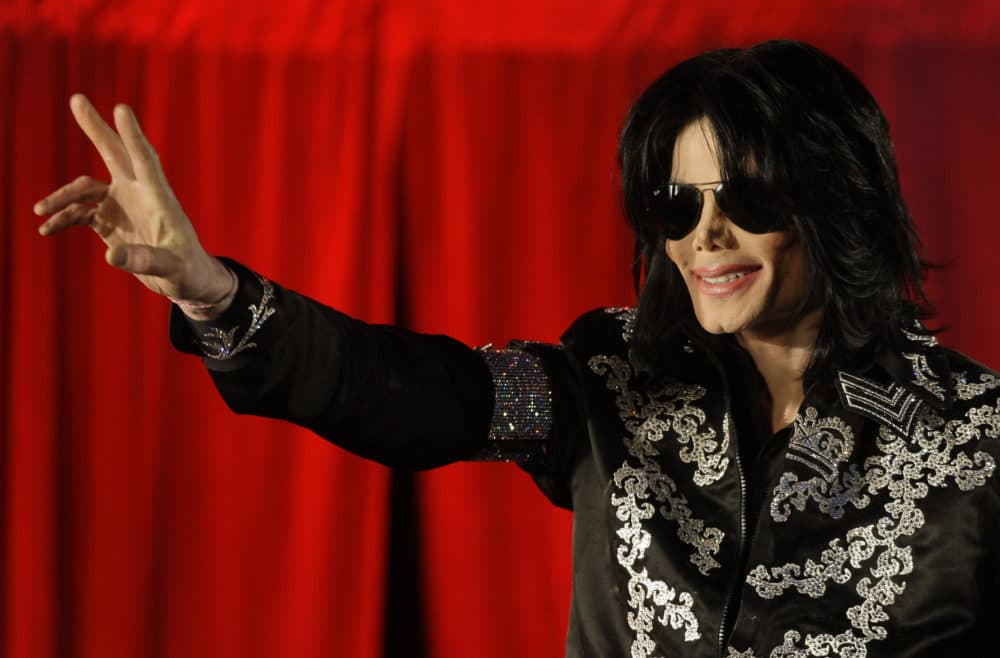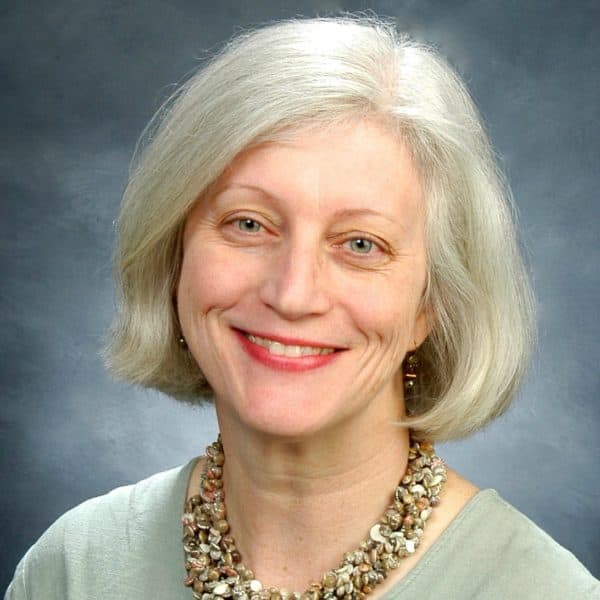Advertisement
commentary
It's Not Easy Leaving Michael Jackson's Neverland

I was a 30-year-old, pregnant white woman walking to work at Massachusetts General Hospital, and I could not get that song out of my head. Billie Jean is not my lover. She’s just a girl who says that I am the one ...
Michael Jackson fans crossed all demographic boundaries. We were saddened to learn the details of his harsh and abusive upbringing and disturbed when allegations of sexual abuse were first lodged against him. In the wake of HBO’s "Leaving Neverland," — the documentary about two men who say Jackson sexually abused them for years — and in an era when such accusations tend to be treated more seriously, millions are struggling once again.
It is difficult for people to reconcile negative information with positive images. Psychologist Solomon Asch first demonstrated that we quickly form impressions of others that filter how we process subsequent information. We easily absorb new information that is consistent with those impressions; but inconsistent information presents more of a cognitive challenge, especially when it suggests contradictory information about a person's morals: for instance, learning that a person we regarded as wholesome had cheated. In other words, the way our brain forms impressions of people influences whether we believe new information about them.
So how do we reconcile the beloved MJ, one of the best-selling musicians of all time and the boy we watched grow up, with the brutality of these allegations? One method is to shift responsibility.
It wasn’t Michael, we say, it was his own experience as an abused child coming home to roost. However, while children who are abused, neglected or grow up experiencing adverse events have a heightened risk of becoming perpetrators themselves, the overall risk is still relatively small.
Researcher Cathy Spatz Widom and her colleagues identified two large groups of children, one with abuse histories and another without, but similar demographic characteristics. When they followed these children into adulthood, they found those who had been abused were more than twice as likely to become abusers compared with the non-abused children — 8.4 percent compared with 3.3 percent. Yet — and this is what gets lost — 91.6 percent of those abused as children did not become child abusers.
It is difficult to imagine how anyone who has known the trauma of child abuse can inflict that agony on someone else. But it is important to remember that abusers view their victims as objects, and when they engage in abuse, it is without empathy.
Advertisement
If we don’t blame Michael, perhaps we blame the parents of the boys who failed to protect them from abuse. But countless children have been sexually abused by trusted individuals — family members, coaches, members of the clergy — while parents remain unaware. Many children, as Wade Robson and James Safechuck have alleged they were, are groomed by their abusers from seemingly innocuous behavior to sexual assault, and groomed so insidiously that children may not realize they are being sexually abused. By the time children understand they're being abused, they may feel responsible or guilty for not telling or stopping it sooner, or they may become accustomed to their relationship with the abuser. Threats about the consequences of other people finding out further serve to keep the child from disclosing.
Even once parents sense something is wrong, research with mothers has shown that confidence in their suspicions is diminished by many factors, including the belief that it couldn’t be because they would have known, because the suspected abuser denied it, and because of what they knew about the suspected abuser, that is, the impressions they had formed. Unfortunately, child sexual abuse happens under the watch of mothers all the time.
If we cannot blame someone else, then maybe the alleged victims are lying. After all, why would it take them so long to come forward?
So how do we reconcile the beloved MJ ... the boy we watched grow up, with the brutality of these allegations?
Actually, the majority of children who are sexually abused never disclose their abuse as children, and this is especially the case with boys. Why? Grooming and threats play on children’s tendency to be egocentric and believe the world revolves around them, that they are the cause of the abuse. Boys may feel additional shame from the violation of masculine norms.
Scott Easton studied this phenomenon in nearly 500 adult male members of sexual assault survivor groups. Most (62 percent) had been abused by clergy, 11 percent by family members. The abuse began, on average, at just over 10 years of age and lasted more than a year (57 percent).
The vast majority of these men did tell someone about their sexual abuse during their lifetimes, but, on average, it took more than two decades to do so, at an average age of 32 years. Nearly three-quarters never told anyone during childhood. Spouses or partners (27 percent) and mental health professionals (20 percent) were the first people men told. Far from being outliers, Robson and Safechuck are typical for not making their initial allegations of child sexual abuse until they were adults.
So, in the end, we are left with incongruity. The person we adored appears to have been capable of shattering lives.
We can assume that Robson and Safechuck will be able to move forward, with help. Fans will learn valuable lessons about the complexities and frailties of human beings. But even as his estate fights the allegations, for the King of Pop and his legacy, the story may be different.

